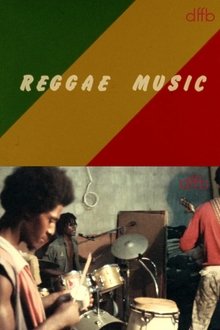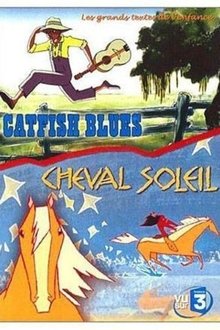A powerful documentary starring Morgan Freeman about the genesis of The Blues in the South and the music spreading around the world. Morgan Freeman shares his story of his experience of growing up in Clarksdale, Mississippi and his love for the Blues.
Related Movies
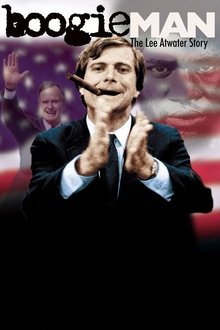
Boogie Man: The Lee Atwater Story (2008)
Boogie Man is a comprehensive look at political strategist, racist, and former Republican National Convention Committee chairman, Lee Atwater, who reinvigorated the Republican Party’s Southern Strategy to increase political support among white voters in the South by appealing to racism against African Americans. He mentored Karl Rove and George W. Bush and played a key role in the elections of Reagan and George H.W. Bush.
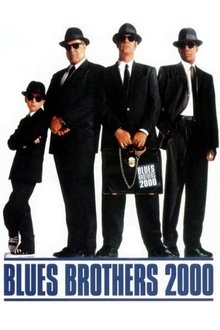
Blues Brothers 2000 (1998)
Finally released from prison, Elwood Blues is once again enlisted by Sister Mary Stigmata in her latest crusade to raise funds for a children's hospital. Hitting the road to re-unite the band and win the big prize at the New Orleans Battle of the Bands, Elwood is pursued cross-country by the cops.

Nickel Boys (2024)
Chronicles the powerful friendship between two young Black teenagers navigating the harrowing trials of reform school together in Florida.

Murder in America: The Lynching of Emmett Till (NaN)
Based on A Few Days Full of Trouble by Reverend Wheeler Parker, Jr. and Christopher Benson, the feature doc will explore two parallel tracks of the Till story. One set in motion by the last four years of an FBI investigation with details never before revealed, including significant new revelations of the case and its discoveries. The traumatic memory of Parker Jr., last surviving witness to the crime and Till’s cousin, drives that investigation. The second track is a deep immersion into the latest, proprietary findings, as high schoolers prepare for a reenactment of the murder trial of two of Till’s killers, Roy Bryant and J.W. Milam.
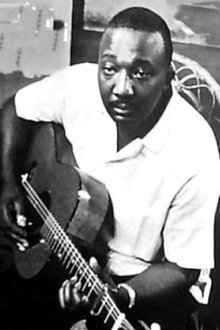
J.B. Lenoir at Home (2003)
J. B. Lenoir (1929 - 1967) was an American blues guitarist and singer-songwriter, active in the Chicago blues scene in the 1950s and 1960s. In 1965 the Swedish/American couple Rönnog and Steve Seaberg visited J.B. at his home on the South Side of Chicago and recorded 30 minutes of music and conversation. Parts of the film was used in "Soul of a Man" (2003).
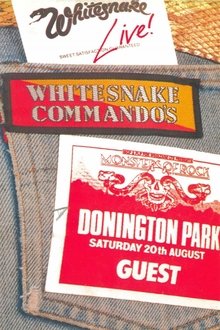
Whitesnake: Live At Donington 1983 (1983)
British rock legends Whitesnake, recorded live at the Monsters Of Rock Festival, Donington Park on August 20th 1983. Featuring: Walking In The Shadow Of The Blues, Rough N`Ready, Ready An` Willing, Guilty Of Love, Here I Go Again, Love Hunter, Mistreated, Soldier Of Fortune, Ain`t No Love In The Heart Of The City, Fool For Your Loving

Our Faces Have Been Taken Away (2021)
The film tells the story of modern slavery from the perspective of the only Russian organization carrying out mass rescue missions both within the country and abroad.
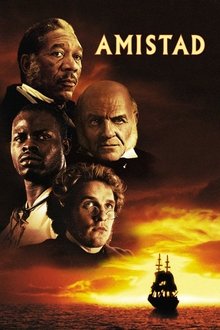
Amistad (1997)
In 1839, the slave ship Amistad set sail from Cuba to America. During the long trip, Cinque leads the slaves in an unprecedented uprising. They are then held prisoner in Connecticut, and their release becomes the subject of heated debate. Freed slave Theodore Joadson wants Cinque and the others exonerated and recruits property lawyer Roger Baldwin to help his case. Eventually, John Quincy Adams also becomes an ally.
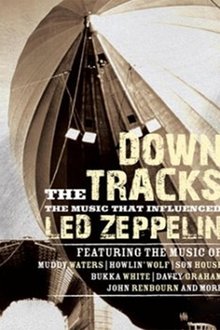
Down the Tracks: The Music That Influenced Led Zeppelin (2008)
Delve into the musical influences of iconic rockers Led Zeppelin, whose epic brand of arena rock grew out of a deep love of the blues, the skiffle and folk rock. Music historians and authors join producers Joe Boyd and Larry Cohn, as well as performers John Renbourn, Chas McDevitt and Davey Graham, in their analysis of the band's musical roots. An enthralling section also explores Zeppelin's fascination with the occult.
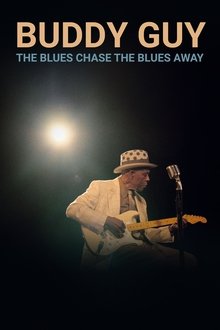
Buddy Guy: The Blues Chase the Blues Away (2021)
Chicago blues great Buddy Guy never was the same after he heard John Lee Hooker’s seminal “Boogie Chillun’” while growing up in his rural stomping grounds of Lettswork, Louisiana. In 1957 he set out for the Windy City and its vibrant blues scene, where he played his way into the clubs, cut records, befriended and gigged with other greats (Muddy Waters, Howlin’ Wolf, Otis Rush), forged his skillful, intense, wild persona, hit the road, influenced new generations of musicians (Mick, Keith, Eric, Stevie Ray Vaughan), performed at the Obama White House and collected nine Grammys along the way. Supported by a sumptuous assemblage of performance footage, testimonials from those he’s inspired (including Clapton, Carlos Santana, Gary Clark Jr., and John Mayer) and some classic blues licks, Buddy Guy: The Blues Chase the Blues Away finds Guy (now a young 84) looking back at his life, providing valuable insight into his music while leaving room for some memorable anecdotes.
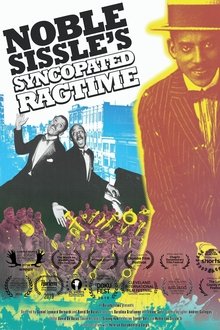
Noble Sissle's Syncopated Ragtime (2018)
Combining footage unseen since WWI with original scores from the era, this film tells the story of Noble Sissle's incredible journey that spans "The Harlem Hellfighters" of World War I, Broadway Theatre, the Civil Rights movement, and decades of Black cultural development.
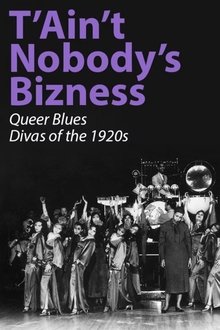
T'Ain't Nobody's Bizness: Queer Blues Divas of the 1920s (2013)
The 1920s saw a revolution in technology, the advent of the recording industry, that created the first class of African-American women to sing their way to fame and fortune. Blues divas such as Bessie Smith, Ma Rainey, and Alberta Hunter created and promoted a working-class vision of blues life that provided an alternative to the Victorian gentility of middle-class manners. In their lives and music, blues women presented themselves as strong, independent women who lived hard lives and were unapologetic about their unconventional choices in clothes, recreational activities, and bed partners. Blues singers disseminated a Black feminism that celebrated emotional resilience and sexual pleasure, no matter the source.

Daughters (2024)
Four young girls prepare for a special Daddy Daughter Dance with their incarcerated fathers, as part of a unique fatherhood program in a Washington, D.C., jail.
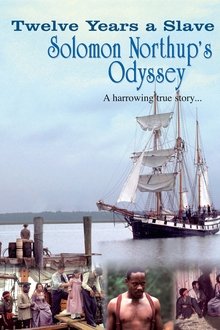
Solomon Northup's Odyssey (1984)
This is based on a true story. Solomon Northrop is a black man in the mid 19th century before slavery was abolished. He's a born free man who works as a carpenter and is also a part time musician. One day he is approached by some men who want him to play for them. However, that is not their intention; they have kidnapped him and sold him into slavery. Now he has to endure the hardships that he has been spared because of his status as a free man. And his family who don't know what happened to him is searching for him but where do they go? And Solomon also wishes to let them know where he is so that they could get him but unfortunately no one believes his story or is willing to help him.
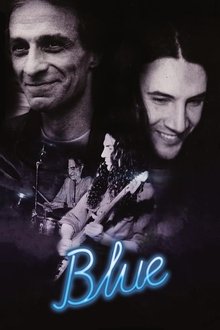
Blue (2017)
A thorough look at the 90's Turkish rock scene, one legendary stage band and its two members: Kerim Capli and Yavuz Cetin... An inquiry of their existential battles with the society, the industry and their own minds.

Walk Hard: The Dewey Cox Story (2007)
Following a childhood tragedy, Dewey Cox follows a long and winding road to music stardom. Dewey perseveres through changing musical styles, an addiction to nearly every drug known and bouts of uncontrollable rage.
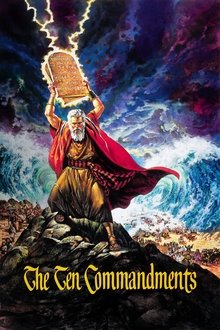
The Ten Commandments (1956)
Escaping death, a Hebrew infant is raised in a royal household to become a prince. Upon discovery of his true heritage, Moses embarks on a personal quest to reclaim his destiny as the leader and liberator of the Hebrew people.

Spartacus (1960)
The rebellious Thracian Spartacus, born and raised a slave, is sold to Gladiator trainer Batiatus. After weeks of being trained to kill for the arena, Spartacus turns on his owners and leads the other slaves in rebellion. As the rebels move from town to town, their numbers swell as escaped slaves join their ranks. Under the leadership of Spartacus, they make their way to southern Italy, where they will cross the sea and return to their homes.
